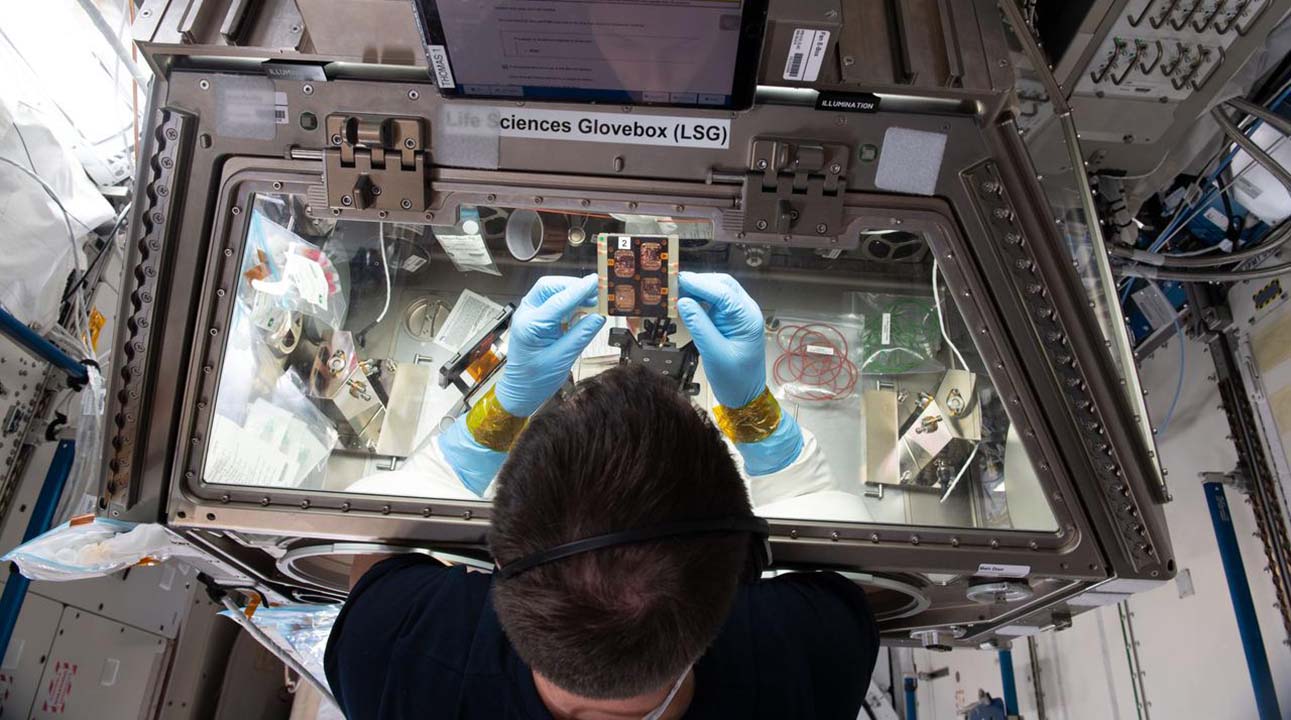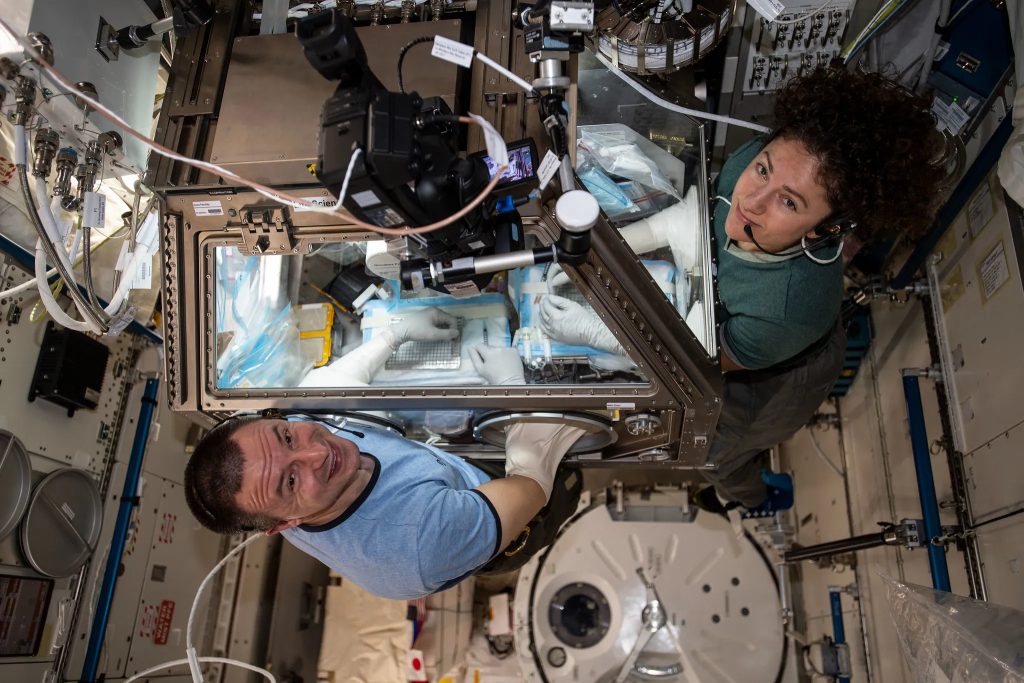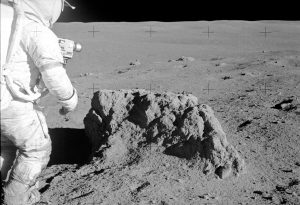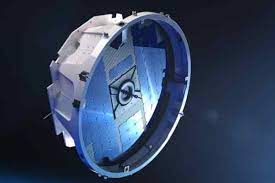New Pandemic Will Come From Space? ‘Drug-Resistant Bacteria’ Has Breached the ISS
24th Apr 2024
Recent findings from the International Space Station (ISS) reveal mutated strains of drug-resistant bacteria – scientists suggest that bacteria in space become more resistant to treatment or drugs.
A New Study That Changed Everything

In a recent study backed by an Ames Space Biology grant, Dr. Kasthuri Venkateswaran from NASA’s Jet Propulsion Laboratory examined strains of Enterobacter bugandensis bacteria collected from the ISS. These bacteria, known for their resistance to multiple drugs, were isolated in thirteen strains from the ISS. What the study found was intriguing: under stress, these ISS strains mutated and became genetically and functionally different from their counterparts on Earth. Despite the harsh conditions, these mutated strains thrived abundantly on the ISS, often coexisting with various other microorganisms and possibly aiding their survival. This bacterium has been associated with serious clinical infections, particularly neonatal sepsis, a blood infection affecting infants younger than 90 days old.
While the exact impact of these bacteria on the health of ISS occupants remains uncertain, this discovery has raised concerns among scientists. If these robust bacteria were to return to Earth, they could pose a potential threat.
Investigating the Habitat of the ISS

Over the past twenty years, almost 300 astronauts have called the ISS home for various missions. Despite travelling light, astronauts unknowingly bring their own set of microbes with them into space. This unintentional importation has led to the development of a unique microbial community aboard the space station. In 2019, researchers conducted the first comprehensive survey of bacteria and fungi present on the ISS, revealing a diverse array of microorganisms thriving among the astronauts.
The bacteria living on the ISS experience a different environment compared to their Earth-bound counterparts. Factors like ventilation, humidity, air pressure, and the number of astronauts aboard the station all shape their habitat. Furthermore, the extreme conditions of space, including microgravity, radiation, and elevated carbon dioxide levels, force these microorganisms to adapt in order to survive.
Recent discovery highlights the urgent need for innovative approaches to tackle bacterial infections not only on Earth but also beyond!






Thank you for your comment! It will be visible on the site after moderation.